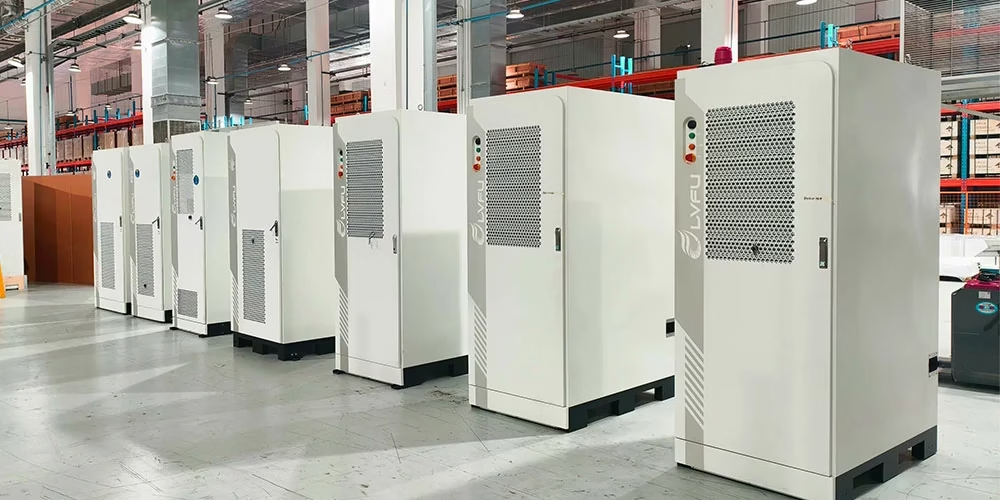Pakistan’s Push for BESS projects: Powering Stability, Cutting Costs, and Embracing Renewables

Pakistan is actively advancing BESS projects, driven by several urgent and practical needs. Let’s break down the key factors behind this push.
First and foremost, the country faces severe power shortages.
Pakistan has long struggled with frequent blackouts—averaging a staggering 370 outages each year. By investing in energy storage, Pakistan aims to stabilize electricity supply and meet the basic demands of households and industries alike.
At the same time, the country is working to optimize its energy mix and cut costs.
Right now, Pakistan depends heavily on imported fossil fuels, which drives up power generation expenses. But by turning to solar power coupled with energy storage, the country can slash electricity costs—reportedly to as low as $0.05 per kWh, just one-sixth the cost of diesel generation. As a result, this shift not only makes power more affordable but also reduces reliance on foreign energy sources, boosting Pakistan’s energy independence.
Improving grid stability and integrating renewable energy
Another critical motivation lies in improving grid stability and integrating renewables. Pakistan’s electricity grid remains unstable and urgently requires modernization. Energy storage systems—particularly those offering frequency regulation services like the ones Yuanhe Energy provides—deliver essential flexibility to the grid. This capability allows the country to better incorporate variable renewable sources, such as solar energy, into its power network.
Looking ahead, Pakistan’s BESS project market is still in its early stages. Moving forward, we can expect more developments in grid-side frequency regulation, customer-sited storage, and combined solar-storage projects, paving the way for a more resilient and sustainable energy future.

